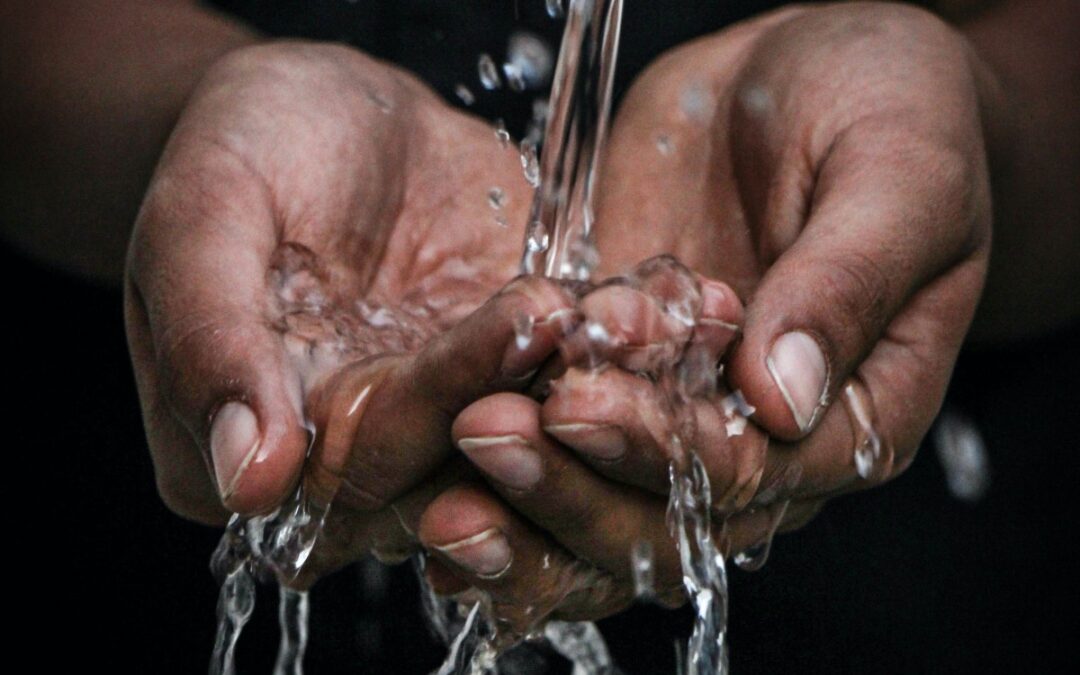
by Javier Sánchez Cáceres | Mar 4, 2021
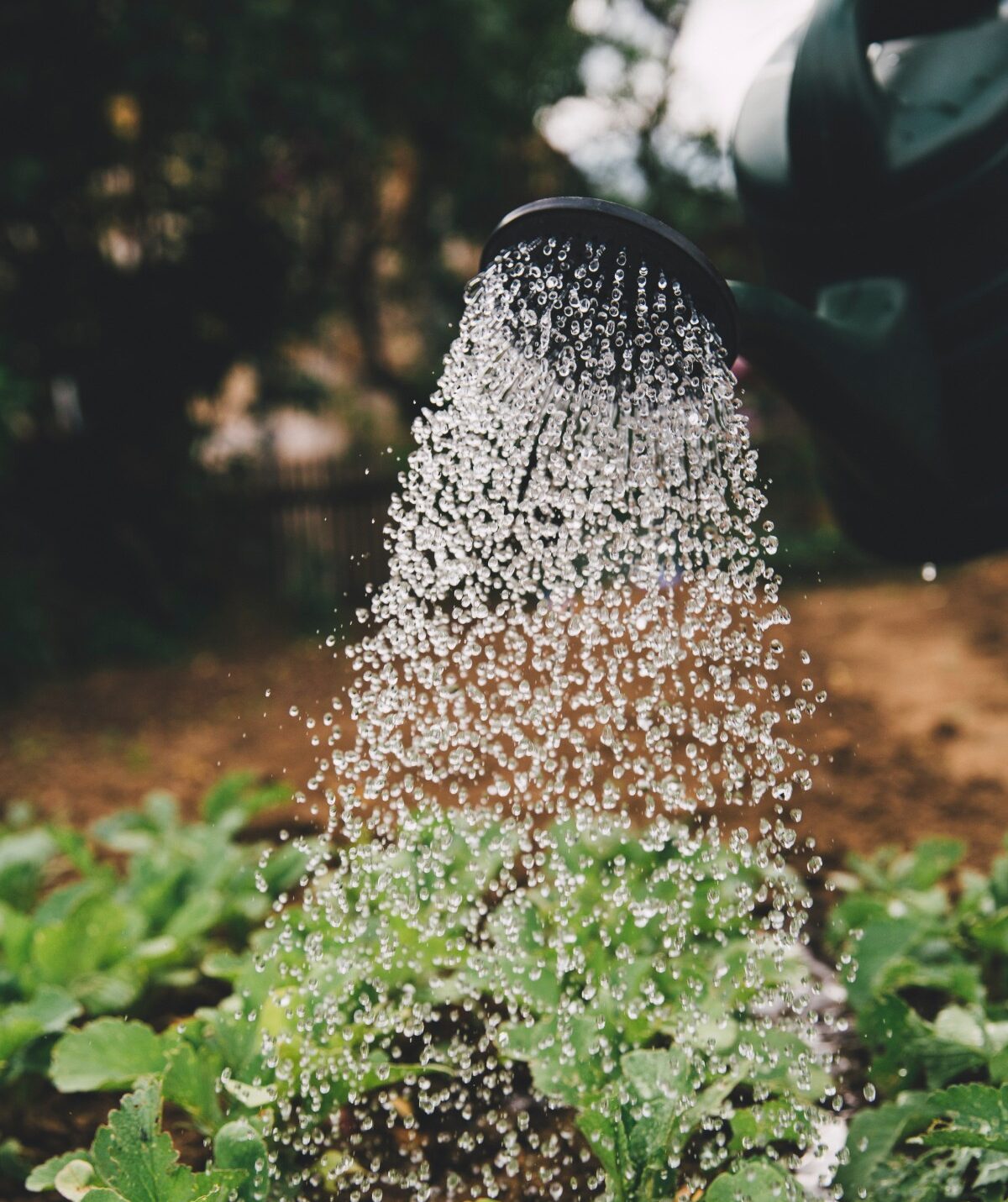
World Water Day
World Water Day is celebrated on March 22 to reflect on the importance of this natural resource that allows us to live. We are very fortunate to live in an area where there is water everywhere and we do not have to travel to get drinking water. In spite of this, there is a lack of awareness about the proper use of this natural resource. That is why the celebration of World Water Day is extremely important, as it allows us to remember how urgent it is to use water responsibly and to be grateful for its abundance.
Possibly the misuse of water results from ignorance, as few have any idea that more than 2 million people do not have access to safe water or have to ration their use on a daily basis due to the threat of drought. During the COVID-19 pandemic we have reinforced the importance of water as hand washing is essential to control the spread of the virus. This reinforces the need to make proper use of the resource so that it remains available now and in the future.
As part of the celebration World Water Celebration and with the interest of providing information about water management in Montezuma, we present to you an interview with Donatella Luxardo, president of the ASADA of Montezuma, who was kind enough to answer questions generated by the students about the ASADA and its operation. Below are the questions that were asked to Donatella:
What is the ASADA?
The Asociaciones Administradoras de Sistemas de Acueductos y Alcantarillados Sanitarios (ASADAS) is the administrative body of communal aqueducts and sewers. The ASADAS operate as non-profit organizations, have five members, a fiscal, which are volunteer members who are elected by the community in assembly. It is worth mentioning that the ASADAS are regulated by the Ministry of Aqueducts and Sewers (AyA), the national water resource administration entity.
How many ASADAS are there in Cóbano?
The aqueduct of Cobano, Santa Teresa and Mal Pais is administered directly by AyA. In the other towns there is an association that manages the aqueduct, for example ASADA Montezuma, ASADA El Molino de Delicias and ASADA San Isidro. Currently the ASADA of Montezuma and Delicias have agreements established with AyA.
How many users does the Montezuma ASADA have?
Currently the ASADA has 310 users.
How much is the average monthly consumption of the users?
The consumption per user depends on the area of usufruct. The central area of the town is where there is more consumption, mainly due to the number of hotels and restaurants located in the area. In residential areas consumption is normally less than 30 m3.
What are ASADA’s plans for the short and long term?
In the next few months we will be working on the connection of two new wells to supply certain densely populated neighborhoods. In the long term we intend to start building a sanitary sewer system from the Montezuma School to Las Palmeras Beach.
Stay tuned for the second part of this interview, which we will transmit through a conversation on Zoom, in which we will discuss the origin of our water, how to use water responsibly, and how to save water consumption, among other topics.
Thank you very much for reading us and remember that water runs out drop by drop.
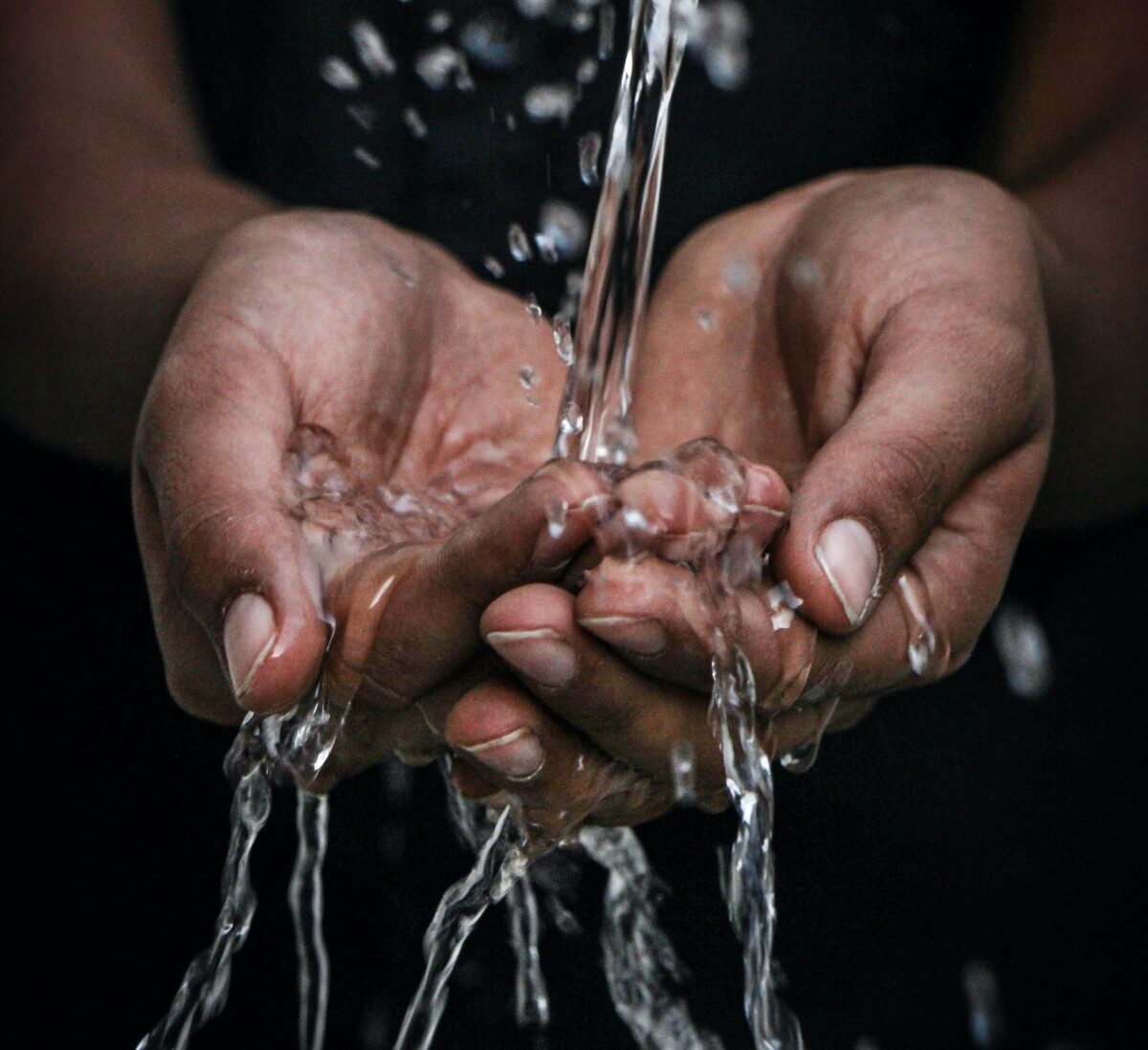

by Claudia Liliana Piñeros Henao | Feb 21, 2021
Celebrated on 21 February
Preserving the Language Diversity

Languages are of vital importance for people and the world. Unfortunately, due to the growth of globalization , they are increasingly under threat of disappearing altogether. When languages vanish, so does the world´s cultural diversity. Traditions, opportunities, memories, unique manners of expression and thinking will sadly also disappear.
According to the United Nations, at least 43% of the estimated 6000 languages spoken in the world are endangered. “Only a few hundred languages have genuinely been given a place in education systems and the public domain, and less than a hundred are used in the digital world”.
International Mother Language Day has been taking place every year since February 2000 to promote linguistic and cultural diversity and multilingualism.
Everybody should always be aware that languages are the most powerful instruments of preserving and developing our cultural heritage. We must encourage our children to cherish their mother tongue as it is a precious treasure, and It also helps them appreciate their personal, social, and cultural identity.
On the other hand, when our children develop strong communication skills in their mother language, they could have stronger literacy skills in other languages.
“Multilingual and multicultural societies exist through their languages which transmit and sustainably preserve traditional knowledge and cultures.” ( UN)

by Karol Madrigal | Feb 20, 2021

This past February 20th was the International Day of Social Justice and what better opportunity than this to dedicate a few minutes of our time to ask ourselves how involved we are when a situation seems unjust, how informed we are about the reality that many people around the world live, and the existing possibilities to combat this problem.
A primary need related to this topic begins through the understanding that our perception of what is unfair or unjust is determined by our own reality. Thus, our personal history inclines us to be more or less empathetic to these situations. Therefore, a wise process to generate awareness of the unjust conditions faced by many people would begin with the simple exercise of trying to put ourselves in the other person’s shoes. Asking ourselves, “What would I feel in those living conditions or in that specific situation?” and, at the same time, understanding that each person’s reality is not necessarily the result of personal decisions or merits, not even in our own case. Not everything we get in life is because we deserve it; this applies mainly to the privileged.
With these simple questions it is possible to begin a very significant contribution to the unstoppable struggle for social justice, which is the objective of celebrating this type of world commemoration.
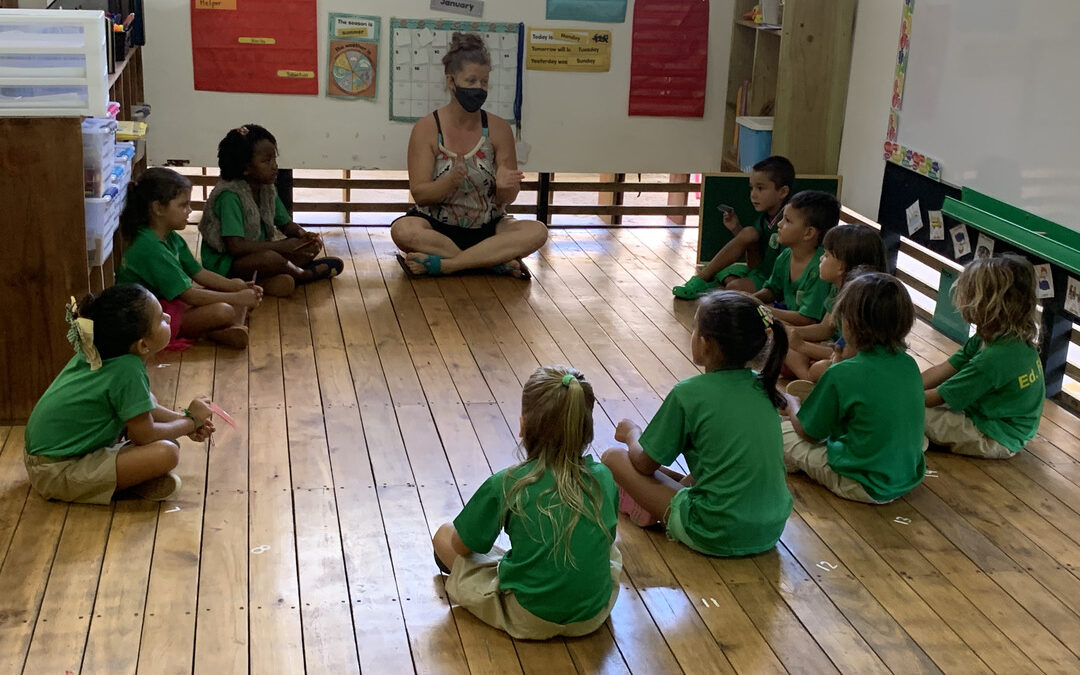
by Stephanie Nuñez Jiménez | Feb 19, 2021
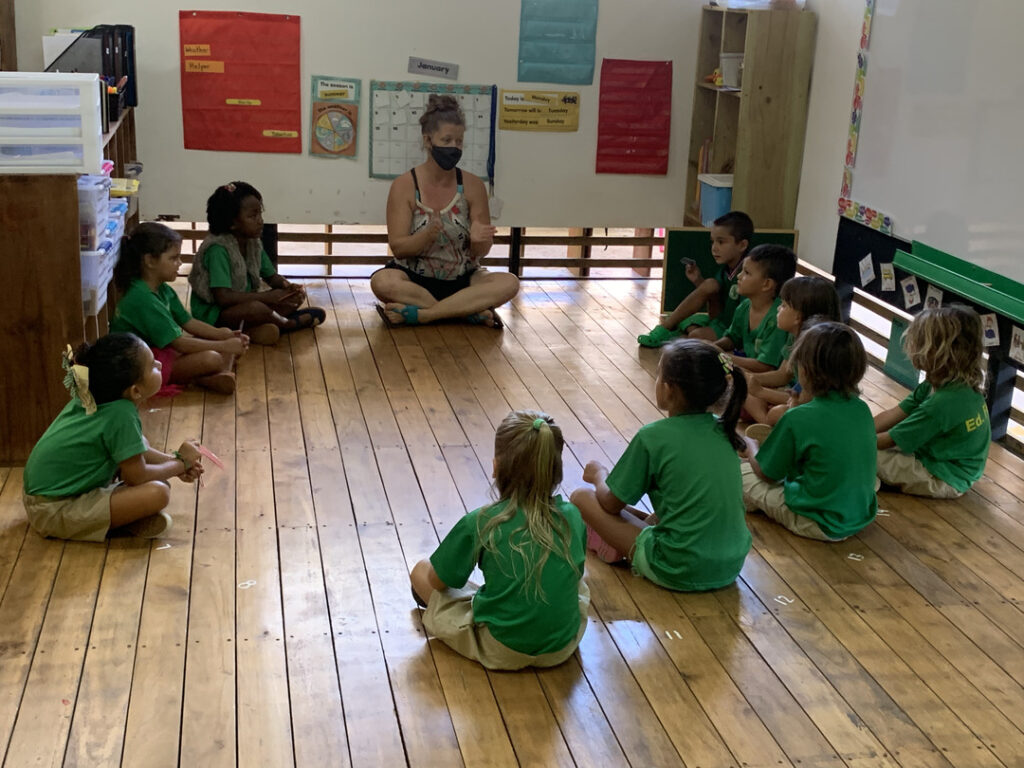
Greetings to everyone from the Preschool Department at Futuro Verde!
Many parents and educators are coming to us with the same question: how are our littlest learners adapting to the new restrictions at school put in place due to the COVID – 19 pandemic?
The answer: extremely well! Children the age of our preschool and Prep students (3-6) are neurologically designed to adapt to their surroundings. They thrive when presented with consistent routines, clear instructions and firm boundaries.
During the first week of school Stephanie, Yensy and I worked hard to establish routines which incorporate our school`s health protocol: consistent and correct handwashing, eating and playing in contact bubbles, and keeping all food and utensils for personal use. While mask wearing is not required for children under six, we are also working to the best of our ability to minimize physical contact of all kinds. Our students are doing a wonderful job of following these rules, and learning how to have fun in a way that is different from past years.
While all parents are, understandably, concerned about their young children being exposed to viruses and bacteria at school, as an educator I want to emphasize the importance of social interaction for children. This is true for all children but especially for kids under 6.
For healthy growth, their brains need the kind of stimulation that school can provide. They need to experience conflicts with their peers in order to build appropriate socio-emotional skills. They need to move their bodies for gross and fine motor skill development: without reinforcement in these skill areas, our young children run the risk of losing this essential window of development.
In order to ensure that our students continue to have access to social and academic support during the current global pandemic, we will continue to place utmost importance on the consistent adherence to health protocols. At home, parents can help us in this process by reading all school emails thoroughly, and by reinforcing hygiene and health regulations.
We want to thank the preschool parents for their wonderful communication so far this year, and to encourage everyone to send us an email with any questions or concerns that they may have.
Best wishes for a safe and healthy school year!

by Futuro Verde | Jan 29, 2021
This year Futuro Verde will be conducting school tours a bit differently than in the past. Due to Health Ministry protocols, in person tours of the school by prospective families are not permitted. However, you can still schedule a virtual tour and information session! During the virtual tour, I will happily answer questions regarding school logistics, curriculum, extracurriculars, health protocols, and more. Virtual tours can be scheduled on Thursday mornings or afternoons. Please see the table below to review available time slots. We encourage interested families to contact us now and book your virtual tour!

To book your virtual tour, please contact Jennifer Middleton, jenni@futuro-verde.org.









